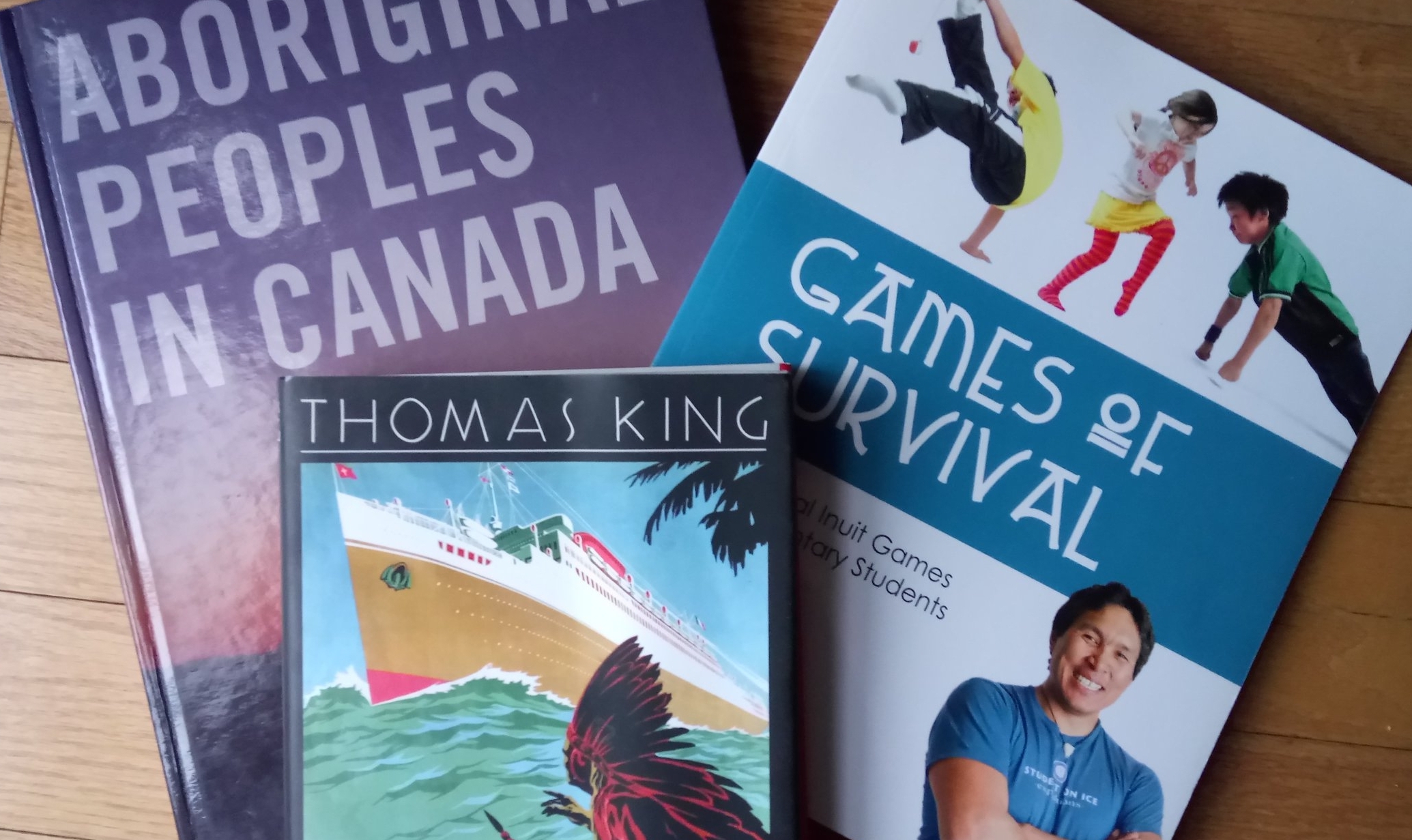One of the fears that teacher candidates I work with consistently express is that their students, at whatever grade level, will not be engaged with Indigenous content.
I can understand this fear. Two weeks ago I was asked by The Mabin School to speak to grade 6 students about privilege and intersectionality, and I was definitely nervous about whether they would be able to grasp the concepts I was sharing, and whether they would find them interesting and relevant. Even though I worked hard to plan a lesson with a variety of engagement strategies and included a compelling “hook” at the beginning, I still felt tremendous relief when the students latched on to the material and dug in deep. (A huge thank you to the folks at Mabin for inviting me in and for recognizing the importance of this work in your school!)
What I learned from that experience and other educators that I have worked with is that, the fear or resistance I feel most often does not correspond to the reality of what my students are interested in and capable of. I personally find that my fear is highest when I am speaking about a topic I never learned about when I was in elementary or high school, which I know is true for many of us when it comes to accurate content about Indigenous peoples, communities and histories. I have also learned that if the students do not immediately see the relevance to a topic, it is up to me as educators to not declare it unsuccessful, but rather to find a way in that my group finds meaningful.
Sometimes, the way in is as simple as sharing the news with students, and letting them take the lead. A few weeks ago I posted about the situation in Kashechewan First Nation where the young people are calling for the government to build a proper elementary school building in their community. A week later I received an email from Emily Brotman, who was looking for a way to make Orange Shirt Day more meaningful to her students and decided this story was the answer.
After reading my post, Emily brought information about Kashechewan into her grade 7 classroom and shared the following about her students:
“I could tell they were really affected by what they heard/read, sensed the immediacy of the situation, and felt connected to what was happening to their peers in Kashechewan.”
The students took up the cause by writing letters to the Prime Minister and their local Members of Parliament, letters which Emily then received permission for me to share from parents and the Vice Principal of the Alexander Muir/Gladstone Avenue School in Toronto. Thank you to Kaitlyn, Maurice, Marco, Livia, Sam, Moonnina, Giovanna, Simon, Ruby, Georgia, and all of Emily’s amazing grade 7 students for your advocacy and for connecting this issue to the concept of privilege and power! I hope by sharing your letters here you inspire others to take action!
I invite you to take a few minutes and scroll through their letters below!














